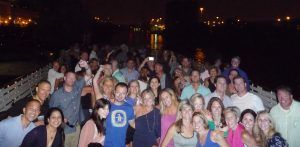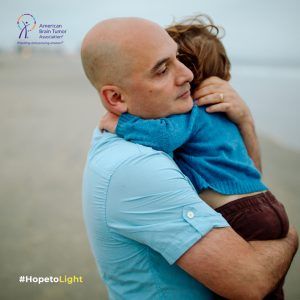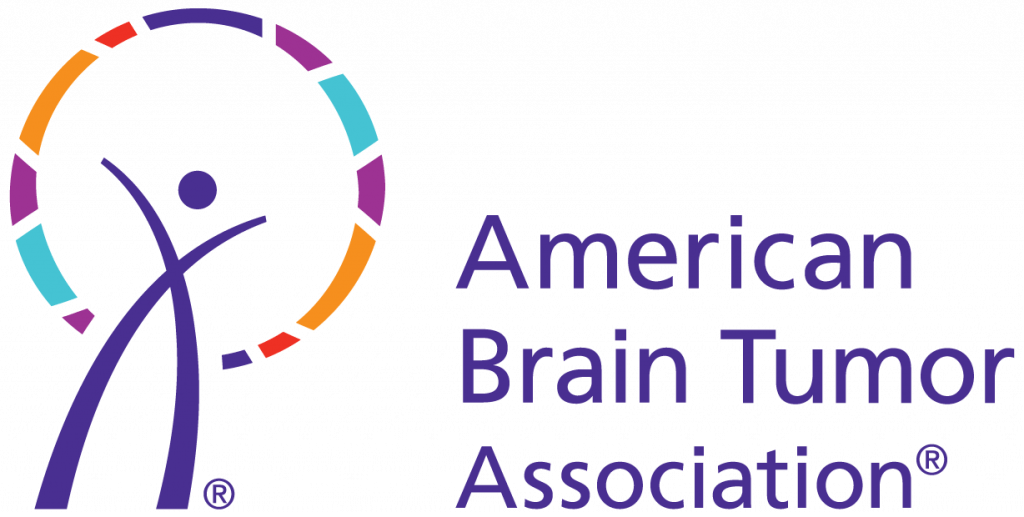
When a bluegrass benefit concert to raise funds for brain tumor research goes awry, the show must go on. It was fated to succeed and perhaps with some spiritual intervention from their guest of honor, Howard, who passed away from glioblastoma just six weeks after diagnosis.
No Sign of a Brain Tumor

Howard H. was diagnosed with glioblastoma.
Howard H. was an advertising executive with a love for music, art and theater – all in abundance in Cleveland, OH where he grew up, made his career, got married and raised his family of three boys, Dave, Steve and Brian.
“Howard was handy and could fix anything, but something was telling him that he couldn’t tackle an ordinary home project. That might have been the first sign,” said Marcia, Howard’s wife of 48 years. “When he lost his peripheral vision, he went to his doctor, who scheduled an MRI.”
In February 2021, brain scans showed a large brain tumor that doctors said could be removed surgically. But once surgery started, the depth and size indicated the tumor had been growing for quite some time. Doctors diagnosed Howard with a grade 4 glioblastoma, one of the most aggressive brain tumors ever studied and treated.
“It was a hard time for us and was made more challenging because of COVID-19,” said Dave, the eldest of Howard’s sons.
Due to the pandemic, the hospital treating Howard could only allow one consistent family member to visit each day to support the patient, rather than a wide range of visitors.
“It was a lot on my mom, and we could only do what we could by phone or do research on the computer,” said Dave.
Racing against the clock, the three sons and their mom tried to stay one step ahead to manage Howard’s brain tumor diagnosis and treatment. But just six weeks after surgery, Howard, an otherwise healthy husband and father, left behind his shocked family.
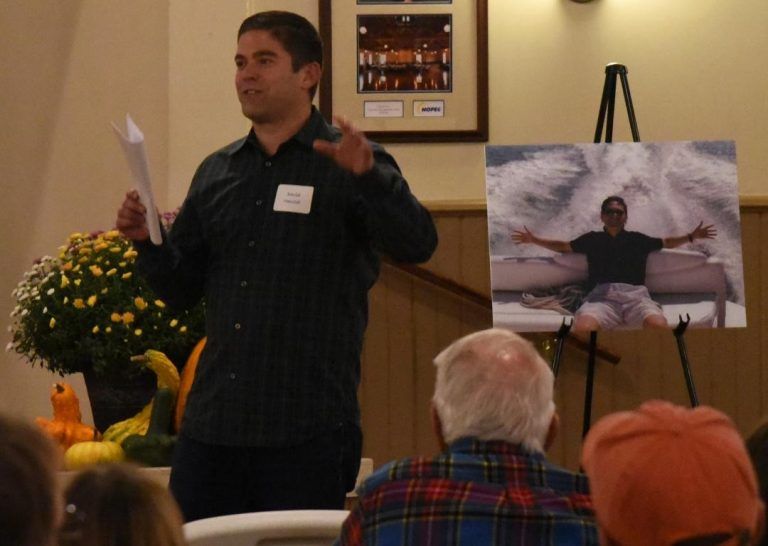
Healing With Music & Giving Back
Eight months after Howard’s brain tumor diagnosis, Marcia and her sons wanted to honor Howard’s memory with the goal of turning the gathering with family and friends into a charitable event to support brain tumor research.
“We wanted to host an event that would make an impact, so what we went through could be prevented,” said Dave.
With the help of Marcia’s connections and friends in the Cleveland Orchestra, they were ready to put on a community concert to help raise funds for brain tumor research, called “The Bluegrass Benefit Concert” featuring five Cleveland Orchestra members.
However, on the day of the event a series of mishaps, including poor weather, an emergency room visit for one orchestra member and missing sheet music, resulted in a quick pivot to a classical music ensemble performing in place of the Bluegrass Group.
“Howard would have enjoyed both a bluegrass concert and the classical music ensemble, OPUS216,” said Marcia. “We were thrilled to have them come and play for Howard’s friends and family.”
“The show had to go on,” said Dave. “But the best part was having brain tumor scientists attend the event and share what they are doing in brain tumor research.”
The benefit concert raised over 110% of their goal, donating $11,000+ for brain tumor research to the ABTA.
The show had to go on...But the best part was having brain tumor scientists attend the event and share what they are doing in brain tumor research.
Dave, Howard's Eldest Son
Brain Tumor Scientists & Supporters Unite
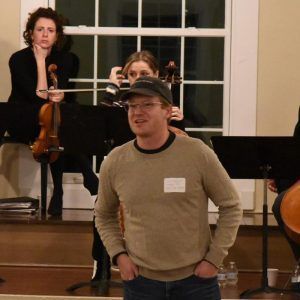
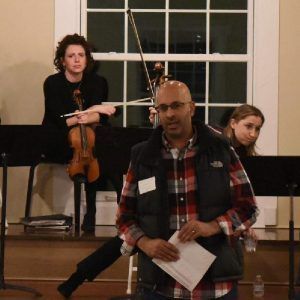
Wanting to share the work of local brain tumor researchers at the benefit concert, Marcia and her three sons invited three scientists to speak about their life’s work and the power of receiving an ABTA research grant.
“It is gratifying to share our research with friends and family directly impacted by brain tumors,” said Justin Lathia, PhD, 2009 ABTA Basic Research Fellowship and 2019 Research Collaboration Grant recipient. “It provides a chance to share what is going on in the brain tumor research field, and to serve as motivation for us to continue to work towards better therapies.”
“It is also important to me to give back directly to others in the brain tumor community, and I am glad to do that through this event,” said Christopher Hubert, PhD, 2018 ABTA Discovery Grant recipient.
According to ABTA-funded researchers, events like the benefit concert hosted by Marcia and her family are vital to funding novel breakthroughs in brain tumors and brain cancers. While large federal grants from the National Institute of Health/National Cancer Institute (NCI) are needed, they are also limited.
“Large federal research grants are designed to add more fuel to an already burning fire, in a good way,” said Christopher.
But the reality is that the number of federal-funded grants decreases annually. This means a good number of strong programs won’t receive the money they need to keep research going.
“So many of us received our first funding from the ABTA, which can jumpstart a young scientist’s career, leading to larger NCI-level grants, and ultimately, bigger scientific breakthroughs,” said Christine O’Connor, PhD, a 2019 ABTA Discovery Grant recipient. “This means that a small donation at the community level can have a multi-million dollar return on investment later.”
Large federal research grants are designed to add more fuel to an already burning fire, in a good way.
Christopher Hubert, PhD, 2019 ABTA Grant Recipient
Support Brain Tumor Research Your Way
For nearly 50 years, the American Brain Tumor Association has funded more than $33 million in brain tumor research, but more can be done to help change the course of this disease.
Consider some of the ways you can get involved and support brain tumor research.


